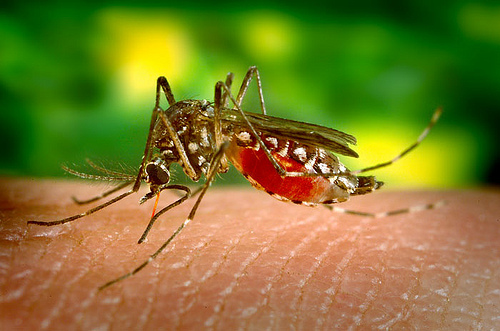
Electronic Cigarettes:
With a growing number of people utilising electronic cigarettes, an important question going forward is ‘’what are the health outcomes associated with their use?’’. As e-cigarettes are relatively new, there is a paucity of research looking at their long term health effects.
In this systematic review by Igor Burstyn, evidence on the chemical constituents of electronic cigarettes was synthesized and potential exposures from aerosols produced were compared to occupational exposure standards. Conclusions indicate that that the existing literature tends to over exaggerate exposure implications and that e-cigarette exposures fall below the threshold for concern.
Infectious Diseases:
Infectious diseases remain a major contributor to the global burden of disease. The Ebola outbreak at the beginning of 2014 has served as a harsh reminder of the infectious diseases which have represented and continue to represent public health challenges today.
One such major international public health concern is Dengue fever, caused by the Dengue Flavivirus and spread by A.albopictus and A.aegypti vectors which are already endemic in many countries in the southern hemisphere and equatorial regions. The current occurrence of Dengue fever in Europe is relatively rare.
Modelling of Dengue Fever risk by Maha Bouzid and colleagues demonstrated that climate change is predicted to contribute to increased risk of dengue fever in Europe, with areas of greatest risk being Adriatic and Mediterranean coasts as well as Northern Italy. The findings from this study, are discussed in this blog.
Immediate management of influenza outbreaks often relies on non- pharmaceutical interventions due to low supplies of vaccines and antiviral medication during the initial stages of a pandemic. In their research, Dayna L Martiez and Tapas K Das modelled pandemic influenza outbreaks to predict the effect of various non-pharmaceutical interventions on pandemic outcome, suggesting strategies on mitigating pandemic emergencies.
Harriet B Ferrer and colleagues examined the current state of evidence regarding barriers and decision making concerning HPV immunisation in young women, in this qualitative systematic review. Studies currently show that decisions are often based on parental influence, guidance by healthcare professionals, trust in healthcare professionals and societal norms, suggesting interventions aimed only at younger women may not be the most successful approach.
Diet and Nutrition:
With nutrition central to health promotion and disease prevention, research is essential for making nutrition core in relevant public health policies in high-income and low-income countries.
Dental caries and its relationship to sugar intake was studied by Aubrey Sheiham and colleagues. The current WHO optimum sugar intake is set at 10% of energy intake and a re-evaluation of the dose-response relation between dietary sugar and caries suggest that a sugar intake of 3-5% of energy intake may be a more appropriate target to reduce the burden of caries. These results indicate that new guidelines on sugar intake should be discussed. A related blog written by Katharine Jenner, a registered Public Health Nutritionist and the Campaign Director of Action on Sugar, gives more on the topic.
Marketing of food products rely heavily on design and colour of packaging and, in young children, packaging can influence perceptions on food items. In research by Paola Letona and colleagues, preferences in children related to food packaging were examined, with taste and visual design being important factors when decisions concerning favourite products were made. The findings highlight a need for regulation on package content for unhealthy foods.
In this highly accessed article, by Toni M Cook and colleagues, content in Men’s health magazine on dietary information related to muscularity and weight control was examined. Results suggest dietary advice is often based on the results of a single study and the nature of the research or supporting evidence is rarely discussed.
BMC Public Health is grateful for another successful year and promises to bring you more exciting research in 2015. Stay tuned!
Comments